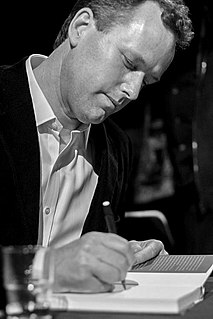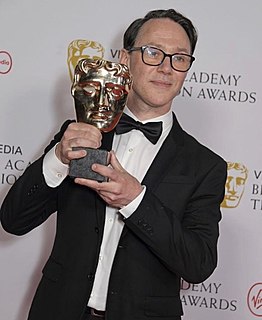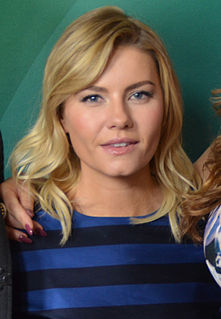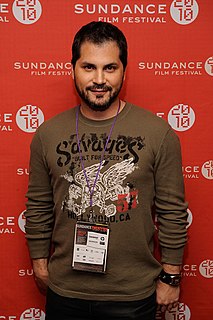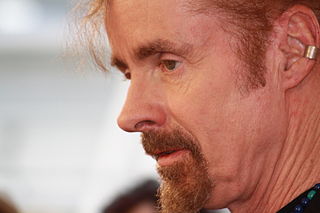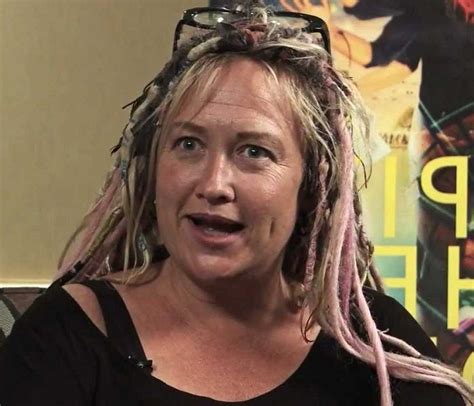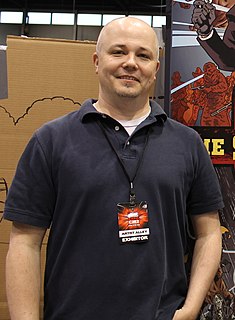A Quote by Edward St Aubyn
I think that some laughter comes from escaped horror, doesn't it?
Related Quotes
Audiences are very sophisticated and they know the nuts and bolts of the genre - certainly with horror more than others I think. But they attract lots of people, they're much derided as a genre but people go and see them and they're not all dumb. There's some very clever horror films. Stephen King gets a lot of flack for not being a proper writer because he's a horror writer, but I think he writes some brilliant books. I think it's wrong to just bin it before looking at it.
The definition of horror is pretty broad. What causes us "horror" is actually a many splendored thing (laughs). It can be hard to make horror accessible, and that's what I think Silence of the Lambs did so brilliantly - it was an accessible horror story, the villain was a monster, and the protagonist was pure of heart and upstanding so it had all of these great iconographic elements of classic storytelling. It was perceived less as a horror movie than an effective thriller, but make no mistake, it was a horror movie and was sort of sneaky that way.
I think that laughter is very close to terror and horror. Maybe that's just me, but that sort of all - over rush that happens when you are either laughing or terrified or weeping...? I think that comedians, in and of themselves, make other people laugh because they aren't necessarily the happiest people in the world. So they know a lot about dark things.
Obviously loss of family is huge and critical, but I think really it's more about losing a sense of family. The horror of that kind of incompleteness. Writing this book, I tried not to think about my father, which does no one any good fictionally. I did try to imagine not just the horror of that moment, but the horror of having witnessed it, and the lifelong void. And I think that's what's so frightening.
Laughter to begin with was probably glee at the misfortunes of others. The baring of the teeth in laughter hints at its savage ancestry. Animals have no malice, hence also no laughter. They never savor the sudden glory of Schadenfreude. It was its infectious quality that made of laughter a medium of mutuality.
Horror used to be one thing, and I think that's starting to broaden - there can have subgenres, and other things can be going on in a horror story. In comics, you'll never get the 'Boo' effect in a comic; you can go for mood, atmosphere and personal tragedy to build the horror elements and sense of dread.
